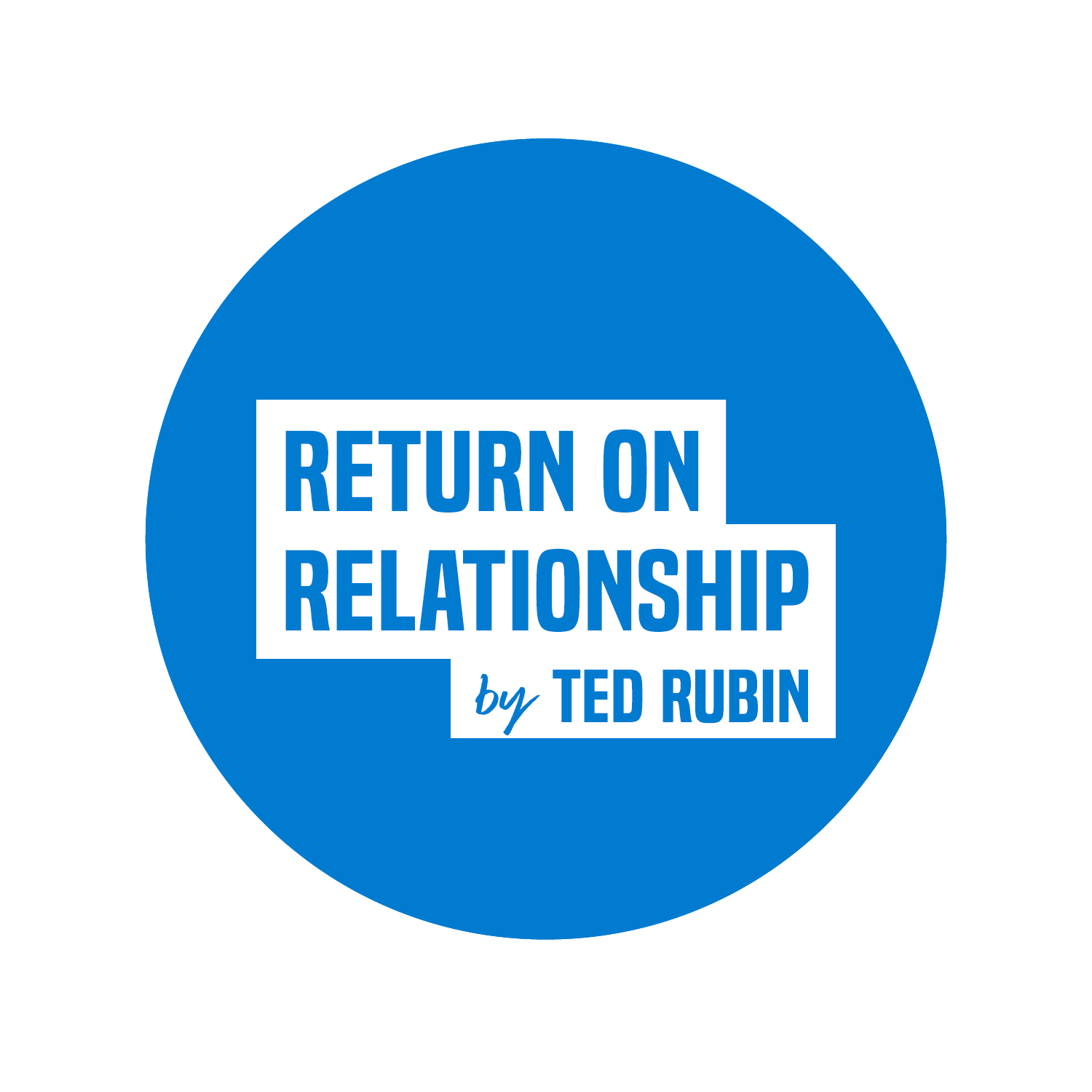How to Think About Business Preparedness with the Corona Virus: 4 Essentials for CEOs ~via @vernonluke
We sent the below email out to our portfolio CEOs of Ridgeline Ventures late last week. With the massive drop in all stock market indexes today, we thought other CEOs may benefit from some of the resources and ideas it contains.
To All Portfolio CEOs:
We know everyone has been thinking about COVID-19 in the context of your business. While there are no doubt various perspectives on the severity of the virus itself and the potential implications on businesses, the uncertainty and panic it's creating in the markets, with consumers, and with corporations, is significant. In fact, the panic may be more paralyzing than the virus itself, but both need to be taken seriously.
We believe the virus has the potential to impact businesses meaningfully, regardless of industry, and already is in many cases. For that reason, we felt it was important to share our point of view and offer some thoughts and resources to consider.
We also know that as a leader of a growing company, you're faced with many difficult decisions. If you need a sounding board, please don't hesitate to reach out.
1) The funding environment may be significantly impacted.
Please take a minute to review this brief slide deck created by a reputable venture investor (Mark Suster of Upfront Ventures). While the last few slides pertain to the tech sector, the vast majority of the deck is applicable to all businesses.
==> Funding in the Time of Coronavirus
While it's hard to say to what extent the funding environment will be impacted, it's our point of view that it will become more difficult to raise capital if this virus and panic continues to spread.
If your business has a need for money in the next 12 months, there is most certainly the potential for it take longer to raise, to lead to more "no's" from prospective investors, and could impact valuations. While there's still a lot of VC money in the system, in times of economic uncertainty, investors often tend to err on the side of conservativeness and focus on ensuring the health of their existing portfolio (i.e. reserving capital). We saw this happen in 2008-2009. Shoring up your balance sheet and cash position is critical.
2) Contingency plans are critical. Review ways in which your business could be impacted and create options now.
Even if your business doesn't source products from China, you are not immune to the potential impact of the virus.
As consumers stay closer to home and avoid crowded areas, the impact on businesses of all types could be quite meaningful. It may lead to lost jobs. It would no doubt create more fear and worry for consumers. It would also impact discretionary spending on products like those you sell.
Here are some questions to consider reviewing as a leadership team to uncover potential implications:
What happens if you experience a 10-20% drop in sales (or more)? It's easy to say "that won't happen to us," but if you look at '08-09 when consumer spending tightened, every type of business was impacted.
At what point should you consider cost reductions or other actions to extend your cash balance? We've found it effective to proactively draw a line in the sand on key metrics (sales, cash balance, conversion rates, etc.) in which if your business falls short on those metrics you begin reducing spend. We're not suggesting you do that today necessarily, but being prepared with a plan is critical.
What happens if capital is harder to come by or takes longer to raise or just can't be raised right now? This is where contingency plans, conversations with your existing investors, and being proactive becomes important.
What happens if one or several of your employees get sick? Do you have redundancy in place, particularly for key people or functions (e.g., production-related)?
Have you mitigated potential disruptions in your supply chain? What happens if there are disruptions you don't expect (e.g., with raw materials or key suppliers)? What are the key constraints/bottlenecks in your ability to make/sell products?
3) Strive to be a well-prepared employer. It's a concern to employees.
The general population has a high degree of concern, as evident by consumers stocking up on household goods. That also means there's certainly a level of concern among your employees, whether they've expressed it or not. We've always found that more communication is generally better than less in times of uncertainty. Being panicky is more detrimental, so it's a slippery slope, but employees appreciate communication and knowing you have a plan in place. They may also have some really good ideas on other steps you could be taking.
Have you taken the steps necessary to provide your employees a healthy workplace?
Here's a guide the CDC has provided for business/workplace preparedness. Here's a guide for household preparedness.
Also, large and small companies are already restricting travel, cutting attendance to large events, and even asking people to work from home in certain geographies. Will there be a point in which some of those measures may be necessary for your business?
4) The virus and impact may come in waves.
No one knows if this will fade in a few weeks or a few months or longer. However, historically, large-scale viruses have generally come in waves. That means that while it's entirely possible the panic and virus may subside in the coming weeks, it's also possible for this to swell back up very quickly at any point later this year. That's all the more reason to take the time now and evaluate all the ways your business and employees may be impacted and to take steps to mitigate those downside scenarios. Creating as many options as possible is a valuable exercise.
We hope you, everyone in your company, and your employees' families stay healthy.



